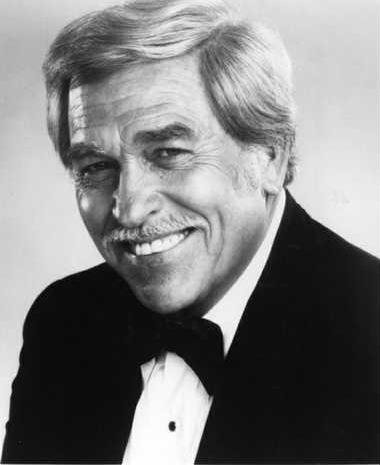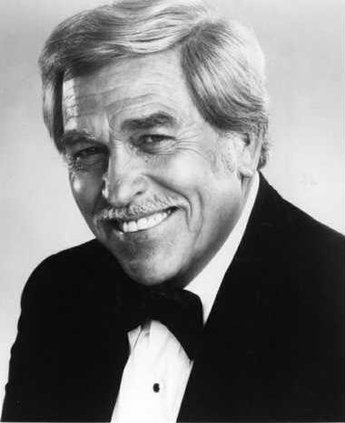‘Seven Brides for Seven Brothers’
Starring: Howard Keel and Jane Powell
Running time: 102 minutes
Rated: G
Lauded for its Oscar-winning musical score, “Seven Brides for Seven Brothers” is a comedy filled with singing and dance numbers to celebrate the rebirth of spring with its warm, pollen-filled days. It makes the mostly lighthearted musical romp perfect to watch indoors when it’s raining or night falls.
The film introduces the audience to Adam Pontipee (Howard Keel), a rugged frontiersman in 1850s Oregon, who comes to town from his remote farm to find a wife.
Ridiculed by the local shop owner for his matter-of-factness, Adam brushes the slight off and sets his eyes on Milly (Jane Powell), the local tavern cook. Impressed by her cooking and work ethic, he asks her to marry him. Entranced with the idea of marriage — though she later claimed it was love at first sight — Milly agrees. But first she must finish her chores.
If this sounds misogynistic, it is because it is. Adam really just wants a wife to cook and clean the house he lives in with his six unkempt brothers. And the critical flaw in all of the Pontipee brothers is their self-centered and childlike view of women.
After discovering Adam’s trick, Milly is appropriately outraged. But soon she resolves to civilize the Pontipee brothers through creative means. Holding all the food ransom, Milly forces them to learn cleanliness, table manners, dancing and how to properly treat women.
It’s a tough sell, but they all become more motivated after falling in love with various women at the town dance.
However, there are moments in the movie when the Pontipee men seem more sinister than misguided. In one rousing number named “Sobbin’ Women,” Adam recounts from one of Milly’s books “The Rape of the Sabine Women” — an ancient myth in which the first generation of Romans obtained their wives by kidnapping them from the neighboring Sabine tribe. The song fires up the brothers, who go to town and kidnap their love interests.
Of course, Milly is appalled and exiles the boys to the barn for the winter. The men ultimately decide they need to return the women unharmed, but kidnapping is perhaps too serious of a topic for an otherwise lighthearted film.
Still comedy would not be funny if it didn’t push the envelope. While “Seven Brides for Seven Brothers” fails in that one instance, it has plenty at which to laugh. For instance, all of the Pontipee brothers were named after Biblical characters in alphabetic order, except for Frankincense who was named after the way he smelled as an infant. Sensitive about his name, Frankincense has a habit of getting into brawls with his brothers at the most inopportune time.
This 1954 film won an Academy award for its score, but it’s really its choreography that stands out. While it sounds strange in today’s climate to praise a movie for its dancing, “Seven Brides for Seven Brothers” is a spectacle, mixing ballet and acrobatics and placing the stunts in otherwise boring frontier contexts such as chopping wood. In fact, the best scene of the movie takes place during the barn-building. The townsmen start to dance with the women but the acrobatic moves of the Pontipee brothers win the women’s preference. But while constructing the barn, the local town boys egg the Pontipee brothers into a fist fight and the ultimate destruction of the barn.
However, the dance numbers and fights are expertly crafted and complemented with the musical score, giving it the appearance of a Broadway production. In one moment, the brothers are flipping and diving across the stage with the dance partners. The next moment the Pontipees are dancing in choreographed harmony like a ballet.
It’s an odd juxtaposition as the viewer is watching rough and rugged characters dance gracefully with pretty partners. But it also mirrors the battle between the movie’s two main characters of Adam and Milly — Adam who is a male chauvinist and Milly who is determined to teach him the error of his ways.
And in the end, both characters learn how to dance and love each other with respect.
Therefore, this genuinely happy and energetic movie is worth the attention of any fan of musicals.
“Seven Brides for Seven Brothers” can be rented or purchased from Amazon Instant Video for $3.99-$12.99.
Andrew Akers is a columnist for The Times. He can be reached at andrewpakers@gmail.com.

